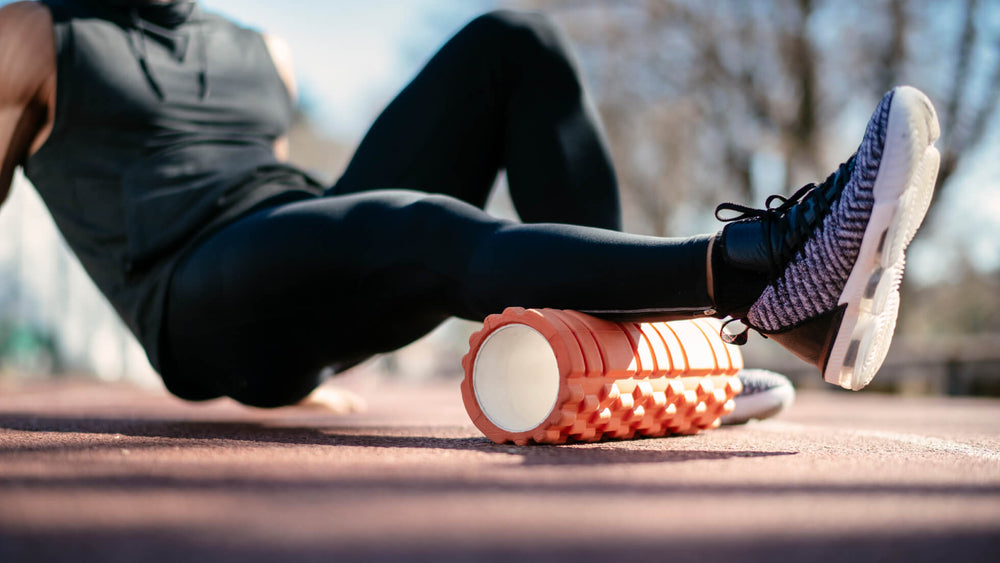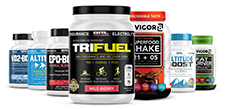Sleep Strategies For Better Workouts

Exercise and sleep have a symbiotic relationship: Exercise improves sleep and sleep improves exercise. The better you sleep, the more energy you will have to dedicate to your workout. Sleep is also necessary for muscle-building and recovery. You have probably already added exercise to your routine and may be seeing how it improves your sleep. But, if you are not getting enough rest and struggling during workouts, here are a few tips for a good night’s sleep:
Increase Daytime Light Exposure
Your body’s circadian rhythm helps keep track of time and regulate. So, for example, the hormone cortisol is high in the morning, giving you energy to wake up and tackle your day, whereas the hormone melatonin increases at night, helping you sleep. Your body needs exposure to natural light in order to maintain this cycle, but many of us spend so much time indoors and rarely see the sun.
The aim is to get outside for at least a few minutes during the day; if you live in a location where there are extended periods with limited sunlight, consider investing in a light therapy lamp.
Unplug
Although exposure to light is beneficial during the day, it can have the opposite effect in the evening. Even looking at your phone screen before bed can throw off your rhythm. Exposure to too much light at night suppresses melatonin, making it harder to fall asleep.
Instead of taking your phone or laptop with you to bed, bring a good book instead. Dim the lights at least 30 minutes before you plan to fall asleep to send your body a signal that it’s almost bedtime and encourage the release of relaxation hormones.
Limit Caffeine and Alcohol
Caffeine can be beneficial for exercise, but because it’s a stimulant it can keep you up at night. If you like a cup or two of coffee to get you going in the morning, have your last cup before noon to ensure a good night’s sleep.
You may think a glass of wine helps you relax at night and fall asleep faster, but alcohol actually disrupts melatonin production, throwing off your sleep cycles. It can also worsen sleep apnea and snoring, which can prevent restful sleep.
Look at Your Nutrition
There are many foods and supplements that can promote or prevent sleep. First, avoid eating heavy, salty or high-sugar foods right before bed. These can cause blood sugar highs and lows or make you feel too uncomfortable to get proper rest. Also avoid foods like chocolate or tea that have caffeine.
To support sleep, eat a balanced meal at least an hour before you go to bed. Consider adding in a few supplements that can help you relax, like magnesium, melatonin, valerian root or L-theanine. A cup of herbal tea right before bed can also improve relaxation.
Create a Sleep-Supportive Environment
Where you sleep can impact how well you sleep. Make sure the temperature is comfortable, and invest in a quality mattress, sheets and pillows. Consider spritzing some lavender around the room, which can help promote relaxation.
Work on Exercise Timing
When you work out can also impact your sleep. Morning exercise tends to promote the best sleep, whereas exercise right before bed can keep you awake. Try to get your workout in at least two hours before bedtime.
Focusing on improving your sleep quality will directly translate to better workouts and better results. The goal should be at least seven to eight hours of sleep nightly to support your training routine.
Take the next step in your training regimen: Try any BRL Sports supplement risk-free! If our natural nutritional products aren’t the best you’ve ever used, simply return your purchase for a 100% refund — no questions asked!
Also in Inspiration & Perspiration

High Altitude Supplements: Complete Guide to Training & Prevention (Altitude Sickness Solutions)
Support endurance and reduce altitude stress with supplements that improve oxygen efficiency, stamina, and recovery in high-altitude conditions.

Best Supplements For Runners: Complete Guide By Training Phase (Base, Peak, Taper & Race Day)
Discover the best supplements for runners by training phase—base, peak, taper, and race day—to boost endurance, recovery, and performance.

Creatine for Endurance vs. Sprint Efforts
Creatine isn’t just for power—learn how it boosts sprint speed, recovery, and endurance performance.


